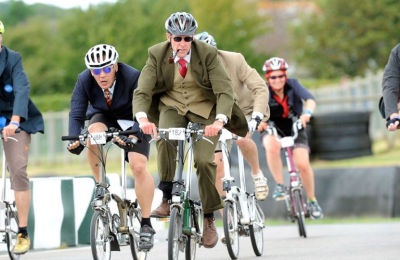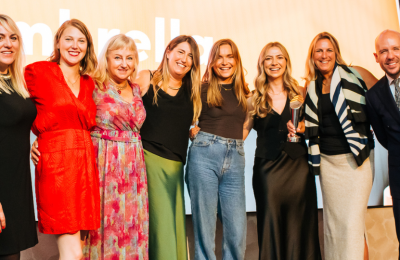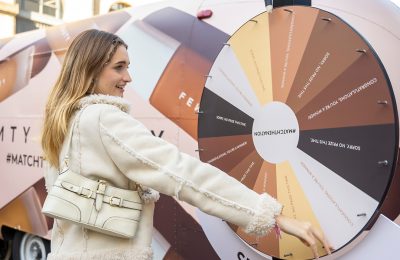The ASA has committed itself to being tougher on negative gender stereotyping in all marketing communications. Laura Kelly of the IPM’s Legal Advisory Service explores what this means for promotional marketers…
This week the ASA published a report, “Depictions, Perceptions and Harm”, following a major review of gender stereotypes in advertising.
It indicates a renewed commitment from the ASA to take a tougher stance on stereotypical gender roles or characteristics which can potentially cause harm. Some will consider this a long needed step in the right direction, but others may see it as a restriction on creative freedoms. So does the promotional marketing industry need to be worried?
It’s rare to see complaints about harm and offence relating to promotions – consumers are more often concerned with misleading headlines, missing conditions and making sure they get their prizes. However, when they do hit the headlines they can cause a stir. For example, a newspaper promotion offering a chance to “Win a date with a Daily Star Page 3 babe”, describing the women as a “sizzling prize” was unsurprisingly ruled by the ASA to be sexist and offensive. It may seem like an archaic idea – but this ran just two years ago.
Hopefully, few brands will want to run obviously problematic competitions like the above!
But the ASA also wants to target more insidious stereotyping – well known “characters” such as the bumbling, inept father and the servile, put upon mother are likely to fall into this category. Brands with links to traditionally gendered items such household products and toys will want to be wary.
Positive spins on gender with inclusive messages are a great way to go, as we’ve seen from the enormous coverage the “This Girl Can” campaign achieved, among others. But brands should also consider whether gender even needs to be part of their targeting strategy. The IPM’s Grand Prix winner this year, Sense’s Discomfort Future campaign for The Economist, aimed to engage open-minded people who reacted positively to unusual situations, offering free coffee from apparently recycled sewage water. It focused on what made their customers unique, not their gender.
So perhaps the main takeaway here should be that the best ideas don’t need tired gender stereotypes anyway. If you’re creative, the ASA’s new approach shouldn’t need to frighten you at all.
If you’re an IPM member and have any questions about the law, the CAP Code and other regulations or best practice, you can contact Laura at laurak@theipm.org.uk




























